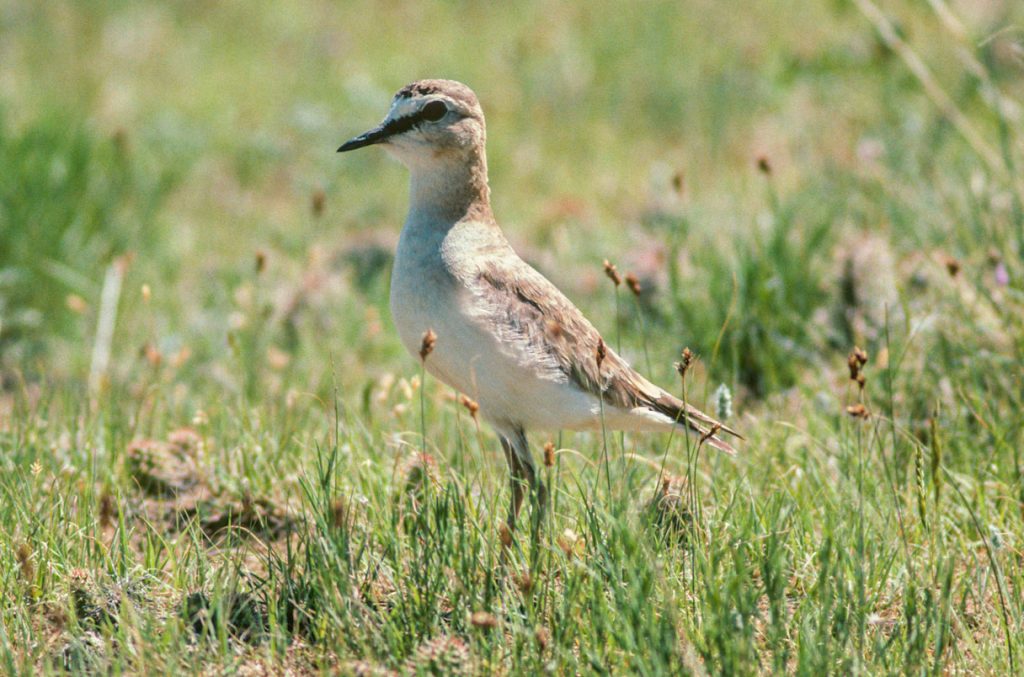War halts project to track wildlife from space
For immediate release ‐ March 25, 2022
Contact: Jon Pishney, 919.707.8083. Images available upon request
 A space-based animal tracking project followed mountain plovers tagged in Colorado. Photo: Nigel Bean/Minden Pictures.
A space-based animal tracking project followed mountain plovers tagged in Colorado. Photo: Nigel Bean/Minden Pictures.
Scientists scramble to find new space-based receivers for animal tags after Russian-managed space station antenna goes silent
The past 2 weeks have been very good—and very bad—for Martin Wikelski and Walter Jetz. In a key proof of principle of their space-based wildlife tracking project, they published a paper tracing the travels of 15 species, including the meanderings of an endangered saiga antelope across Central Asia and the marathon flights of cuckoos from Japan to Papua New Guinea. But the very same week, their data stream from an antenna on the International Space Station (ISS) dried up, likely because data were relayed through a Russian ground station.
The war in Ukraine appears to have grounded their project, the International Cooperation for Animal Research Using Space (ICARUS), just as it was getting off the ground. “This will ruin all the efforts of a great many scientists,” says ecologist Nyambayar Batbayar, director of the Wildlife Science and Conservation Center of Mongolia, whose team has used ICARUS to track snipes and cuckoos.
Co-author Roland Kays, an ecologist at the North Carolina Museum of Natural Sciences who has already been using ICARUS to study mountain plovers, says data like these are “changing the whole picture of [the] animal migration phenomenon as we know it.”

